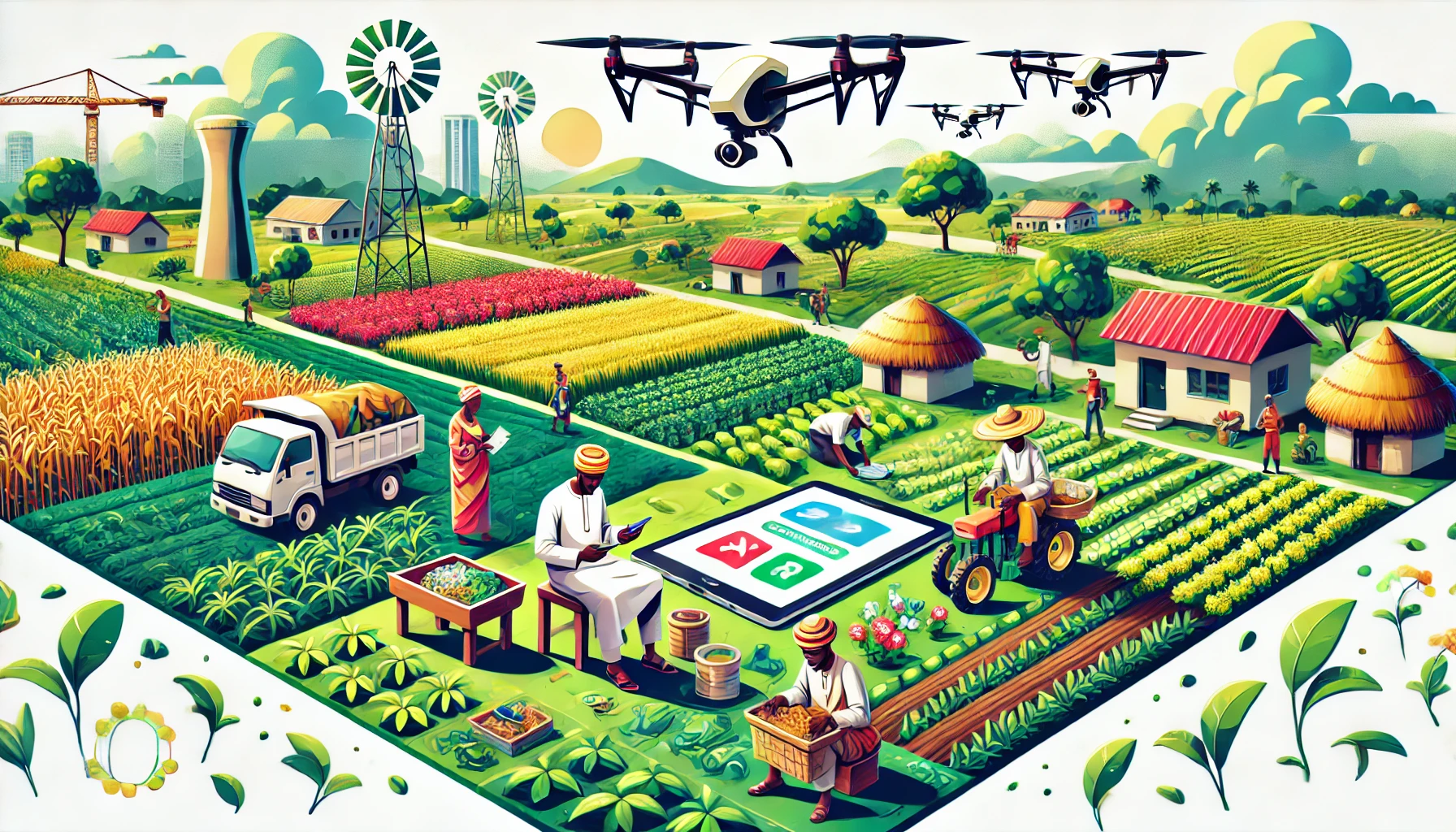Digital Agriculture Technologies Key to Boosting Malaysia’s Economy, World Bank Report Finds
Adoption of GPS, Drones, and Data Platforms Could Transform Malaysia’s Agriculture Sector, Unlocking Productivity and Advancing Nation’s Growth Goals.

The widespread adoption and scaling of digital agriculture technologies (DATs) will accelerate Malaysia’s progress toward achieving high-income nation status, according to a new report from the World Bank. The report, titled “Farming the Future: Harvesting Malaysia’s Agricultural Resilience through Digital Technologies,” emphasizes that technologies such as GPS, drones, and sensors have immense potential to drive economic growth by unlocking extra productivity in Malaysia’s vital agriculture sector.
This promise of economic growth comes on the back of a recent resurgence in the agricultural industry, which grew by 7.2% in Q2 2024. The World Bank report projects a positive outlook for the country's overall economic growth, predicting an increase to 4.9% in 2024, compared to 3.7% in 2023.
Rafizi Ramli, Malaysia’s Minister of Economy, reiterated the government’s commitment to transforming the agrofood sector into a key engine for sustainable growth and poverty reduction. “By focusing on equitable access and tailoring digital solutions to producers in rural areas, we can ensure that the rural economy and agrofood sectors benefit from digital agriculture technologies,” he said.
Boosting Productivity and ResilienceDigital agriculture technologies (DATs) are expected to not only improve productivity but also enhance marketing efficiency, boost export competitiveness, and increase food security, climate resilience, and social equity. The report particularly highlights the potential for smallholder farmers to benefit from DATs through expanded use of data platforms, precision agriculture, and e-marketplaces.
As part of broader government efforts to modernize agriculture, the report stresses the need to overcome historically low adoption rates of new technologies in Malaysia. Doing so will help tackle key sector challenges, such as improving market competition, driving agricultural research and development, and strengthening the resilience of primary producers.
Zafer Mustafaoğlu, World Bank Country Director for the Philippines, Malaysia, and Brunei, emphasized that digital technologies can reduce costs, support agrofood value chains, and provide equitable access to crucial information. “Digital agriculture technologies have the potential to transform Malaysia's agrofood system and sustain economic growth, food security, and long-term prosperity,” he said.
Three Priority Areas for Digital TransformationThe World Bank report outlines a strategic path to ensure rural areas and agrofood sectors reap the maximum benefits from digital agriculture technologies. These actions are grouped into three priority areas:
Increased Financing for Public Goods: Providing sufficient resources for the successful implementation of DATs across the country.Greater Investment in the Innovation Ecosystem: Creating an environment that supports innovation and the development of DATs.An Enabling Environment: Establishing clear, actionable strategies for data governance, privacy, security, and an incentive framework to encourage the use of digital agriculture technologies.By addressing these areas, Malaysia can enhance its agricultural resilience and ensure that its agrofood sector plays a pivotal role in the nation’s long-term prosperity.
- READ MORE ON:
- World Bank
- Malaysia
- Digital Agriculture










